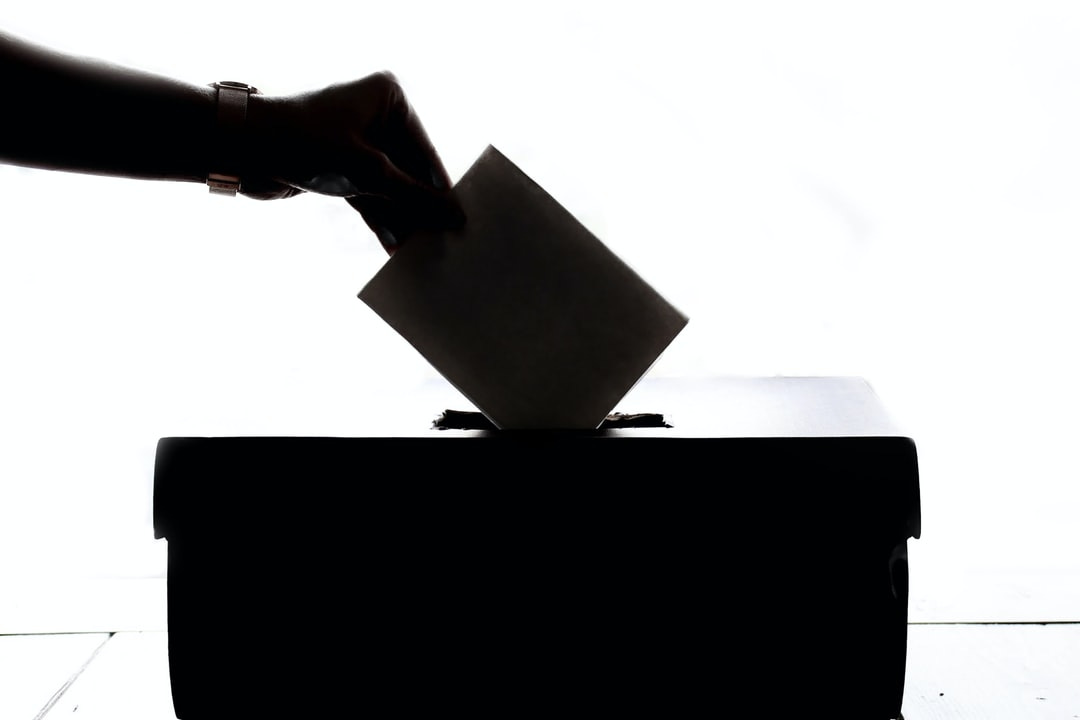Voting Is Our Right!
The Harris-Walz Administration will secure and expand that right!
Issue #760 The Choice, Tuesday, November 5, 2024
Please share and subscribe to help us grow this publication.
If you like us, REALLY like us, please click the “Like” button at the end of this post!
We appreciate your support!
Today, November 5, 2024, is Election Day 2024. As this article is published mid-morning, we don’t know the final outcome of the votes, but Democrats are hopeful.
Of course, we were also hopeful in 2016, and we also remember how that turned out…so we stay cautiously optimistic.
We could be more than cautiously optimistic if we could be sure that we could vote without interference from the right and that our votes would be counted fairly and expeditiously.
We could certainly be more than cautiously optimistic if there were no Electoral College that could be manipulated by the bad actors.
We could really be more than cautiously optimistic if the Republicans and the Roberts Supreme Court had not so severely diluted the 1965 Voting Rights Act and stalled the passage of the John Lewis Voting Rights Advancement Act.
So here we are.
How did we get here, and what can we do now?
The path to the Voting Rights Act (the “VRA”) began long before 1965, rooted in the Civil Rights Movement. African Americans, especially in the South, faced widespread voter suppression tactics such as literacy tests, poll taxes, and other discriminatory practices that effectively disenfranchised them. The 1964 Freedom Summer and the 1965 Selma to Montgomery marches highlighted the urgent need for federal intervention to protect voting rights.
Signed into law by President Lyndon B. Johnson on August 6, 1965, the Voting Rights Act aimed to overcome legal barriers at the state and local levels that prevented African Americans from exercising their right to vote under the 15th Amendment. Key provisions of the VRA included the elimination of literacy tests and the requirement for jurisdictions with significant histories of racial discrimination to seek federal approval before changing voting laws (known as "preclearance").
The most significant challenge came in 2013 with the Supreme Court's decision in Shelby County v. Holder, which invalidated the coverage formula used to determine which jurisdictions were subject to preclearance. This decision effectively nullified the preclearance requirement and caused a resurgence of discriminatory voting practices.
At the time, Barack Obama was president, and Eric Holder was his attorney general.
In response to these challenges, lawmakers and activists have sought to update and strengthen the VRA. However, efforts to pass new comprehensive voting rights legislation have faced political hurdles in Congress.
The John Lewis Voting Rights Advancement Act, named in honor of the late Congressman and civil rights icon John Lewis, represents a contemporary effort to restore and expand protections provided initially by the VRA. Introduced in the wake of the 2013 Shelby County decision, this proposed legislation aims to modernize the coverage formula for preclearance and increase transparency in voting changes.
The Act seeks to combat racial discrimination in voting by requiring states to proactively demonstrate that proposed changes to voting laws do not discriminate based on race, color, or membership in a language minority group. It also enhances federal authority to oversee jurisdictions with a history of voting rights violations.
As of 2023, the John Lewis Voting Rights Advancement Act has been introduced multiple times in Congress but has yet to be enacted. While it passed the House of Representatives in some iterations, it has consistently faced obstacles in the Senate due to filibuster rules and partisan disagreements over voting rights and election security.
Advocates argue that the Act is essential for protecting minority voters and ensuring fair access to the ballot, while opponents claim it may overextend federal influence in state-run elections.
The Harris-Walz Administration has pledged to at the very least, sign the John Lewis Voting Rights Advancement Act into law.
Of course, they will need a Democratic House and Senate to do so.
Longer term, expanding the Supreme Court and eliminating the Electoral College will go a long way to equalizing and securing our votes.
Let’s hear it for hope, joy, and FREEDOM, starting with the official election and inauguration of Kamala Harris and Tim Walz and Democrats all up and down the federal, state, and local ballots.


